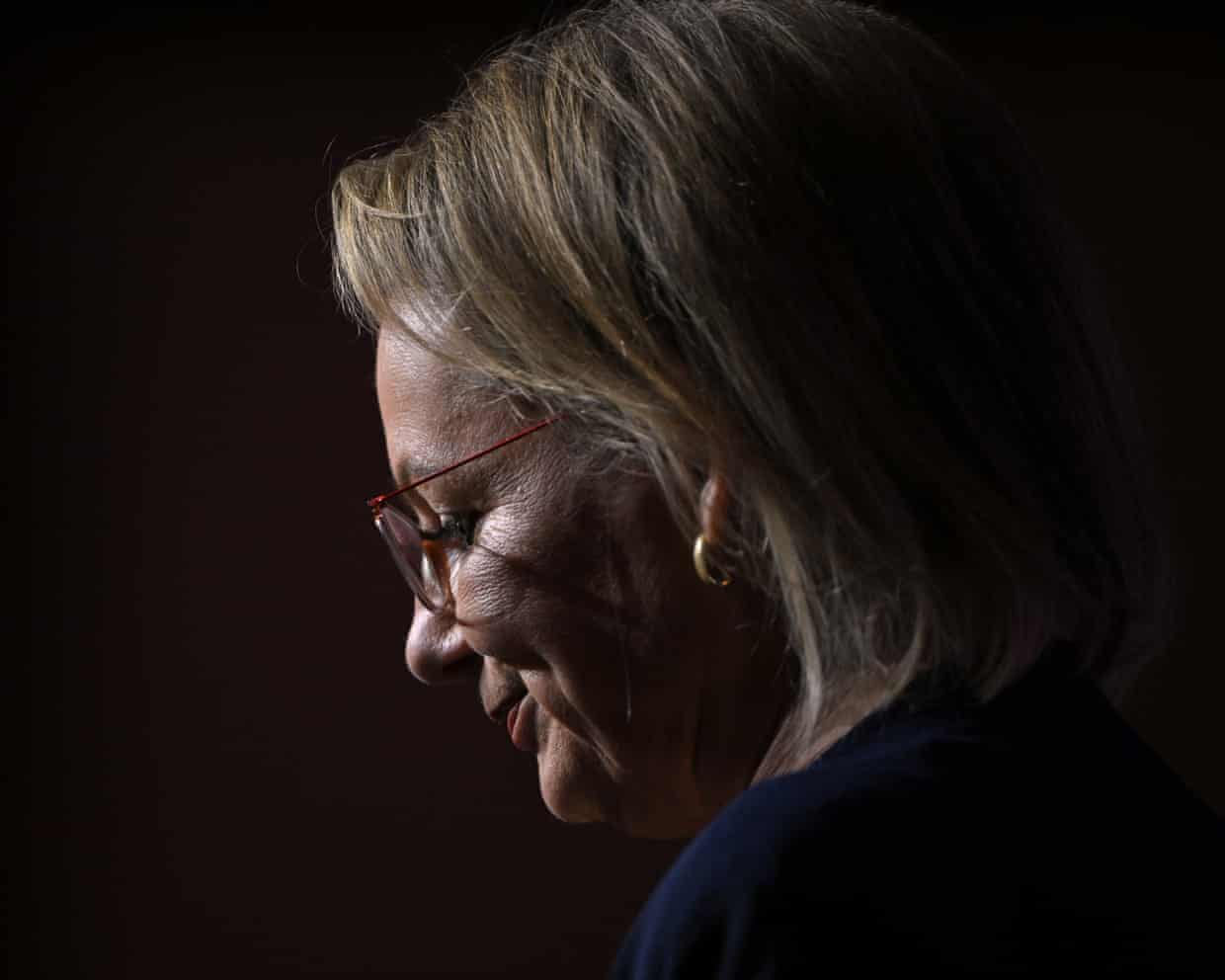
This month marks the 50th anniversary of the iconic British television series Fawlty Towers, which first aired in 1975. Despite its brief run of just 12 episodes, the show has left an indelible mark on British culture and continues to resonate with audiences globally. The series, created by John Cleese and Connie Booth, is renowned for its unique blend of cruel humour and surrealism, ensuring its place in the pantheon of classic television.
The enduring popularity of Fawlty Towers is evident in the countless reruns and references that persist in popular culture. Lines such as “Don’t mention the war!” and “You’ll have to excuse him, he’s from Barcelona” remain staples in conversations and online forums. With its recent revival in the West End, the show’s legacy shows no signs of waning.
Humour that Delights in Cruelty
At the heart of Fawlty Towers is the character of Basil Fawlty, played by Cleese, whose snobbishness and bullying behaviour form the crux of the comedy. Basil’s interactions with his staff, particularly the hapless waiter Manuel, are marked by relentless ridicule and physical comedy. Manuel’s frequent mistreatment—whether being smacked with a spoon or throttled by Basil—elicits laughter, showcasing the British penchant for cruel humour.
Historically, British comedy has embraced a certain level of cruelty, seen in the works of artists like Hogarth and Dickens. The tradition continues with modern characters such as Captain Mainwaring from Dad’s Army and Alan Partridge, all sharing a lineage with Basil Fawlty. This distinctive style often contrasts sharply with American interpretations of comedy, which tend to favour warmer, more sympathetic characters.
Surrealism as a Key Element
Alongside its cruel humour, Fawlty Towers is celebrated for its surreal, dreamlike plots. From a corpse being hidden in various locations to Basil’s absurd antics in front of German tourists, the show’s storylines often tread the line between the plausible and the absurd. This hallmark of British comedy reflects a long-standing appreciation for the bizarre, reminiscent of works by Lewis Carroll and Monty Python.
In recent years, the series faced scrutiny when an episode was briefly withdrawn from a streaming service due to a character’s use of a racist slur. Although the decision was quickly reversed, it highlights the ongoing tension between modern sensibilities and the show’s historical context. Today’s audiences often seek comedy that is uplifting and safe, which contrasts sharply with the darker, more irreverent tones of traditional British humour.
The Future of British Comedy
Despite changes in cultural climate, the legacy of Fawlty Towers continues to influence contemporary comedy. Shows like Clarkson’s Farm, which captures the absurdities of rural life and bureaucracy, resonate with audiences for their willingness to embrace the chaotic and the flawed.
As Fawlty Towers celebrates its 50th anniversary, the character of Basil Fawlty remains a potent symbol of British humour—one that is both cruel and surreal. The series’ ability to capture the essence of human folly ensures its relevance even today.
In conclusion, Basil Fawlty continues to entertain by bullying guests and delivering scathing remarks, proving that the best of British humour thrives on its blend of cruelty and absurdity. As the show streams on platforms like 9Now and BritBox, its influence is poised to endure for generations to come.






